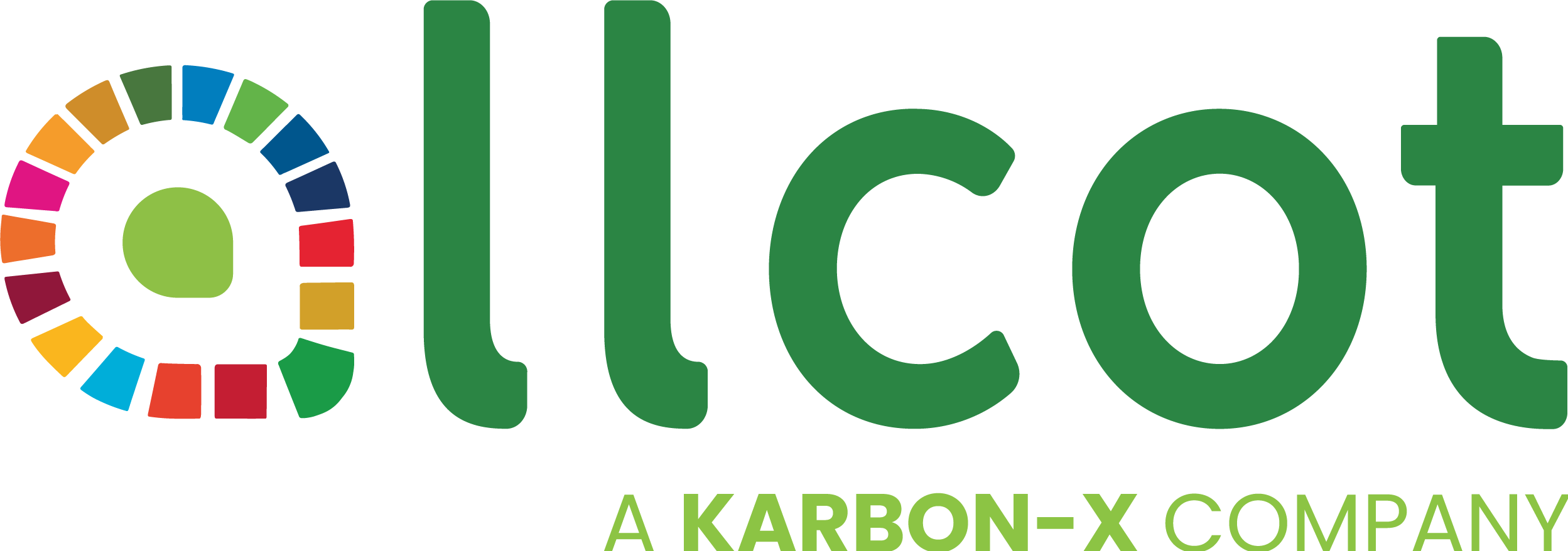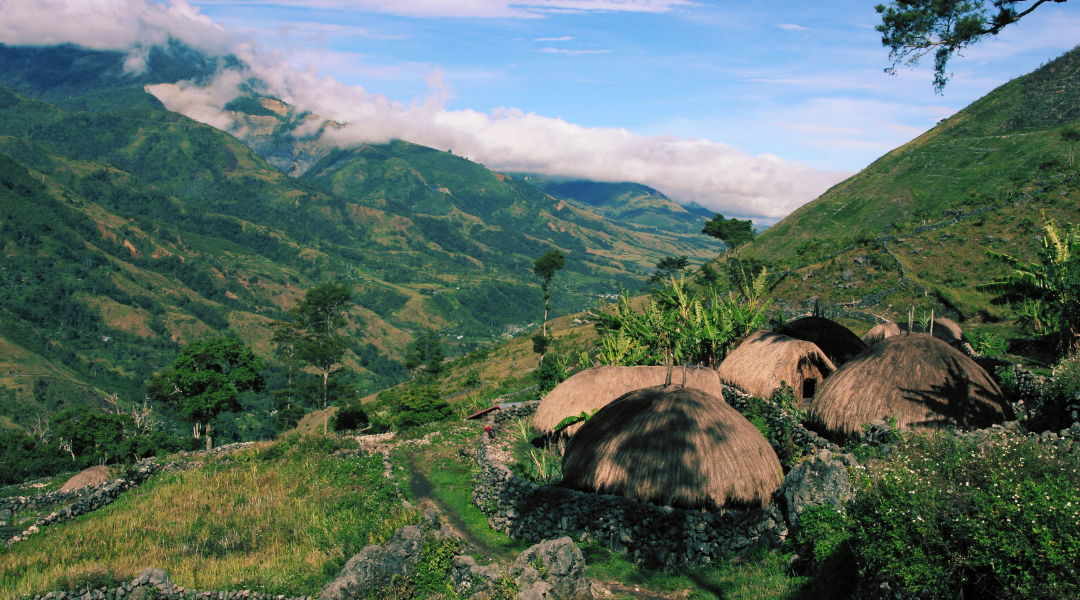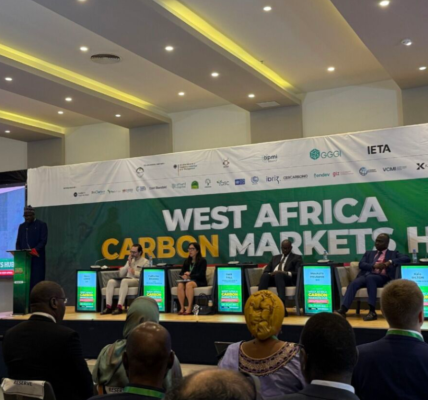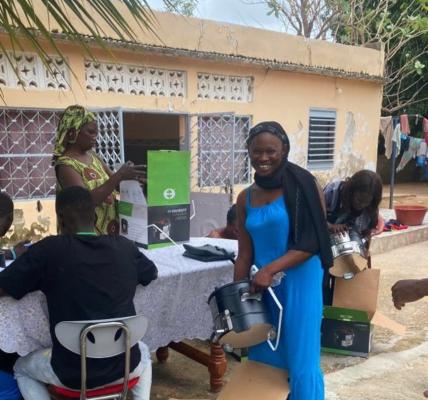Carbon credits are the best opportunity for farmers, indigenous and Afro-descendant communities
By: Alexis Leroy, CEO and Founder of ALLCOT
The reality of Carbon Credits
From ALLCOT, we are noticing with particular concern that some of the media, in both Colombia and in the world, is attacking the mechanism of carbon credits as a form of exploitation of communities.
Without denying that there are unscrupulous people who try to take advantage of communities and that there are projects where communities have had conflicts with each other, the reality about most carbon projects is very different and should also be in the crosshairs of journalism, academia, and civil society.
Carbon Credits as an opportunity
Today, carbon credits are the best opportunity for farmers, indigenous and Afro-descendant communities to attract economic and technical resources that allow them to generate sustainable productive projects and thus improve their quality of life, while caring for their forests/ environments.
Before the Kyoto Protocol, where the compensation mechanism through carbon credits was created, the productive alternative of these communities was the deforestation of their forests, degrading their ecosystems and therefore their quality of life.
Overview of Forests in Colombia
According to IDEAM’s Forest and Carbon Monitoring System, the country has lost one million one hundred thousand hectares of forest between 2016 and 2021, that is, the equivalent to the area of countries such as Qatar or Jamaica.
On the other hand, through 94 REDD+ Projects, Asocarbono calculates that at least two million six hundred thousand hectares have been protected and the emission of almost eight million tons of verified Greenhouse Gases -GHG- avoided.
A young market
The carbon credit market is young (since 2005) and the social contexts in which carbon credit projects are developed are complex and require the agreement and commitment of many social actors in the territories. So, there are still great challenges for which it is necessary to create more robust work methodologies that guarantee integrity in projects in which joint work with communities is essential.
In the discussion on how to generate new work methodologies for the implementation of the projects, it is essential to have the constructive participation of academia, the media and civil society, so that together we can find comprehensive solutions to social problems taking advantage of the growth potential that these projects bring to ecosystems and communities.
Our commitment
Our commitment from ALLCOT will always be to respect the rights of the communities and include them in a fair and transparent manner in all the projects we develop.
For this reason, we will participate in all discussions on how the carbon market can improve to contribute effectively and fairly to the fight against climate change.






